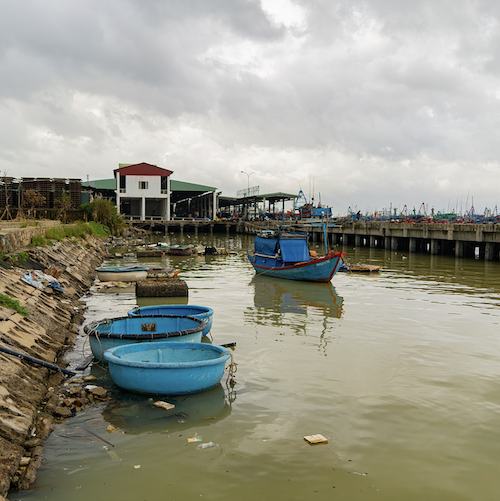
China is developing areas of the South China Sea on the basis of implausible historical claims at the expense of the ability of coastal countries to move around freely in their own and nearby waters. As shown in a 2015 report by Kelsey Broderick, China’s goal is to establish itself in the South China Sea regardless of what anybody thinks or what the Chinese government itself agreed to abide by when it signed the United Nations Convention on the Law of the Sea.
One of China’s methods is to create fake little islands that would, once in putative existence, have their own sovereignty-conferring Exclusive Economic Zones that, however, overlap with the zones of other countries.
[B]y refusing to negotiate on these issues of territorial dispute multilaterally, China is signaling it will do whatever it takes to maintain the territory it claims is its own….
The problem is that much of the territory claimed by China overlaps with the Exclusive Economic Zones (EEZs) of other countries. EEZs were established by the United Nations Convention on the Law of the Sea (UNCLOS), a treaty ratified by all the countries in the territorial dispute (but not ratified by the United States). According to the Convention, EEZs were created for the purpose of giving coastal states greater control over the resources within 200 nautical miles of their coast lines…. By signing UNCLOS, China and the other claimants to the South China Sea were effectively giving up their respective economic rights to areas contained in another country’s EEZ, but not their rights to enter the area….
Perhaps of greatest concern for the United States and its allies is that China’s land reclamation allows China to project military power farther away from its mainland territory. Basing military assets on these territories will give China a better position to aggressively pursue its territorial claims.
Ignoring the point of the treaty it signed, China is using a method of escalating encroachment that has become a familiar modus operandi. Any countries that actively resist, like the Philippines, which brought a case against China’s conduct in the UN, are pressured or bullied. Mere protests are ignored. So, yes, it’s a problem.





